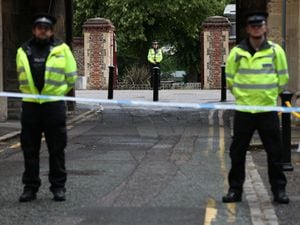Are we in a drought and is it caused by climate change?
The effects of the hot dry weather could be with us for months to come, even if the Government has not yet declared a drought.
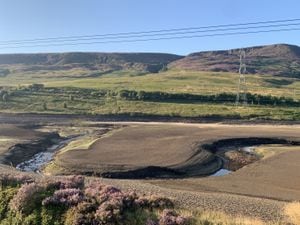
After weeks of hot and dry weather, drought could be declared for parts of England.
But what is a drought, and is the parched summer of 2022 a taste of the future?
– Why hasn’t a drought been declared yet?
A prolonged period of low rainfall to a layman seems like a drought, but in fact there is no one definition that applies across science, agriculture and the water industry.
Dr Joe Osborne, an industry consultancy manager at the Met Office, said: “Within agriculture, a period of three or four weeks with no or below average rainfall quickly constitutes a drought situation in this country.”
Dr Osborne, speaking at a briefing organised by the Science Media Centre, added: “(But) there are many, many different definitions of drought, from the meteorological, the hydrological, the agricultural and the socio-economic perspectives.”
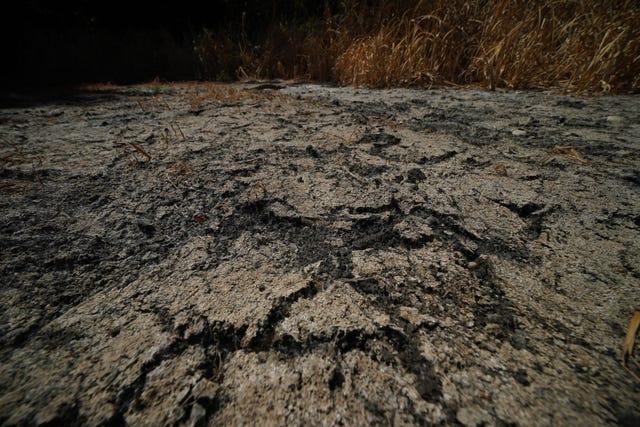
Jamie Hannaford, principal hydrologist at the UK Centre for Ecology and Hydrology (UKCEH), said ultimately it was up to the Environment Agency to decide whether to declare a drought.
“The (Environment Agency) is tracking the impacts on the ground and making a decision collectively, along with the water companies and other stakeholders as to whether drought status is merited in a given region,” he said.
– What will an official drought mean for the public?
A drought might not mean much in practical terms for people’s day-to-day lives immediately, but it gives water companies the freedom to implement certain stages of their emergency plans.
Level one of most drought plans might be as simple as asking the public to voluntarily cut down on their water use, followed by restricting non-essential usage via a hosepipe ban.
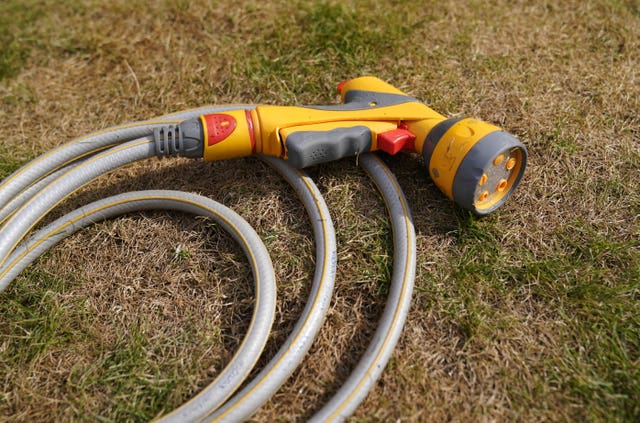
As the dry weather drags on, this can be extended to a non-essential use ban on activities such as filing a pond, cleaning non-domestic premises and vehicles such as boats, aircraft or trains.
In extreme scenarios, water firms can ask permission from the Environment Agency to abstract water from lakes and rivers, and disused boreholes.
– Is the hot, dry weather caused by climate change?
Scientists are always reluctant to attribute one weather event to climate change, but there is general agreement that successive years of record-breaking heat can only be attributed to global warming.
The 10 warmest years on record in the UK have occurred in the 21st century, with data stretching back to 1884.
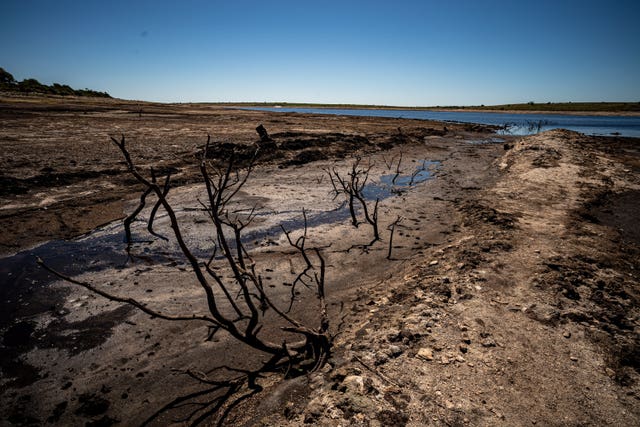
Nigel Arnell, professor of climate system science at the University of Reading, said this year’s heat was “virtually impossible” without the sharp rise in greenhouse gases since pre-industrial times.
Prof Arnell said: “The implication of that of course is that (droughts) are going to get worse into the future.”
– How does climate change cause both drought and flooding in summer?
In 2021, bursts of heavy rain saw localised flooding, particularly in London, where some tube stations had to be evacuated.
Scientists warn that while climate change is likely to increase the intensity of summer rainfall, it won’t save us from future water shortages.
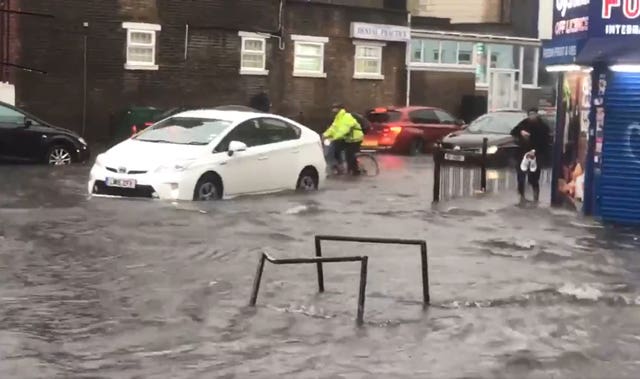
Prof Arnell sad: “As the atmosphere warms, it can hold more water, so if the conditions are triggered to generate a storm, that storm will have more water in it.
“So the chance of having the intense sort of rainfall that we saw in London last year increases with climate change, but that’s sort of short duration one-off events which can happen during the dry period.”
He continued: “So the total rainfall will be less but it might be concentrated in short duration intense bursts, which will be problematic for all sorts of reasons – for short-term flooding risks and also for water resources as well.”
– Will the taps run dry this year?
While rivers and reservoirs in some areas have plunged to some of the lowest levels on record, relatively high levels of ground water have so far prevented the need for tighter water restrictions.
Mr Hannaford said there had been a “pulse of replenishment” of groundwater late last year, but warned in places, particularly the chalky ground of the South East, levels were declining sharply.
“The important point is groundwater makes a very large part of the drinking water supply across south-east England,” he said.
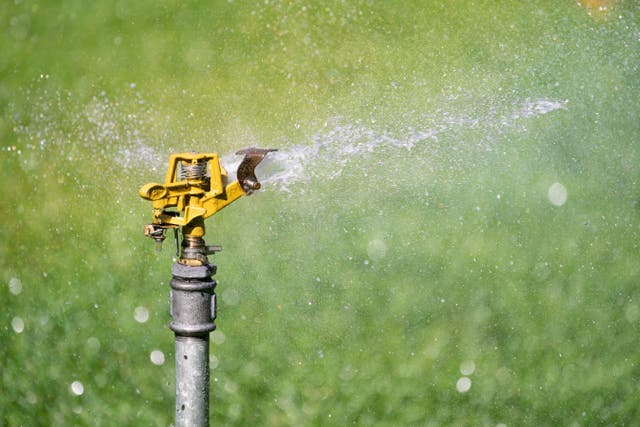
Professor Arnell said that in England and Wales, communities are unlikely to see the same levels of water restrictions seen during the heatwave of 1976.
He added: “(The water industry) is in a much better position than it was in 1976 because it has prepared drought plans there are measures that are organised and thought about in advance.”
– What does the drought mean for the natural world?
The drought can have a devastating impact on wildlife, not just those trying to survive on tinder-dry land, but also those in freshwater and marine ecosystems as well.
Mr Hannaford said lower river flows and stagnant water leads to higher concentrations of pollutants, while dried up waterways means animals can lose access to their usual range of habitat.
“You can get a lack of connection between those areas and that can have an impact on the life cycles of lots of aquatic organisms,” he said.
Stagnant water also increases the likelihood of algal blooms that suck oxygen from the water, leaving fish and other fauna struggling to survive.
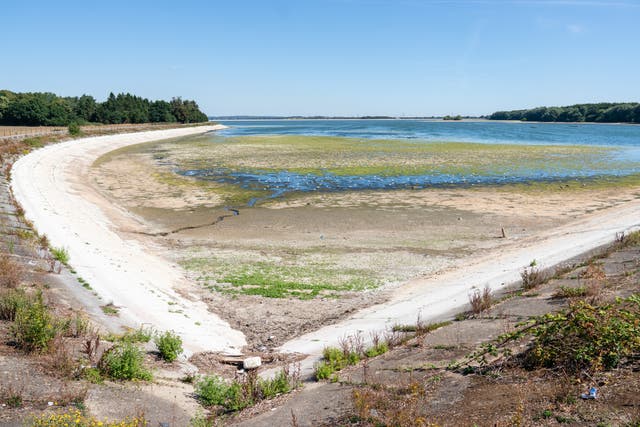
-What will it take to get back to normal?
“Thundery breakdown and showers” are forecast for the early part of next week, but it is not yet clear how much rain we can expect, or where it will fall.
But scientists agree that it will take a lot more than average rainfall to rehydrate the nation.
A burst of heavy rain will often run straight off very dry ground, potentially causing flash flooding and not necessarily replenishing soil moisture in a meaningful way.
Mr Hannaford said it would require “exceptional” rainfall over the next one to three months to bring river, reservoir and groundwater levels back up to normal.





